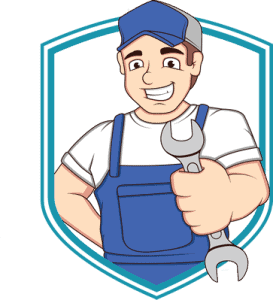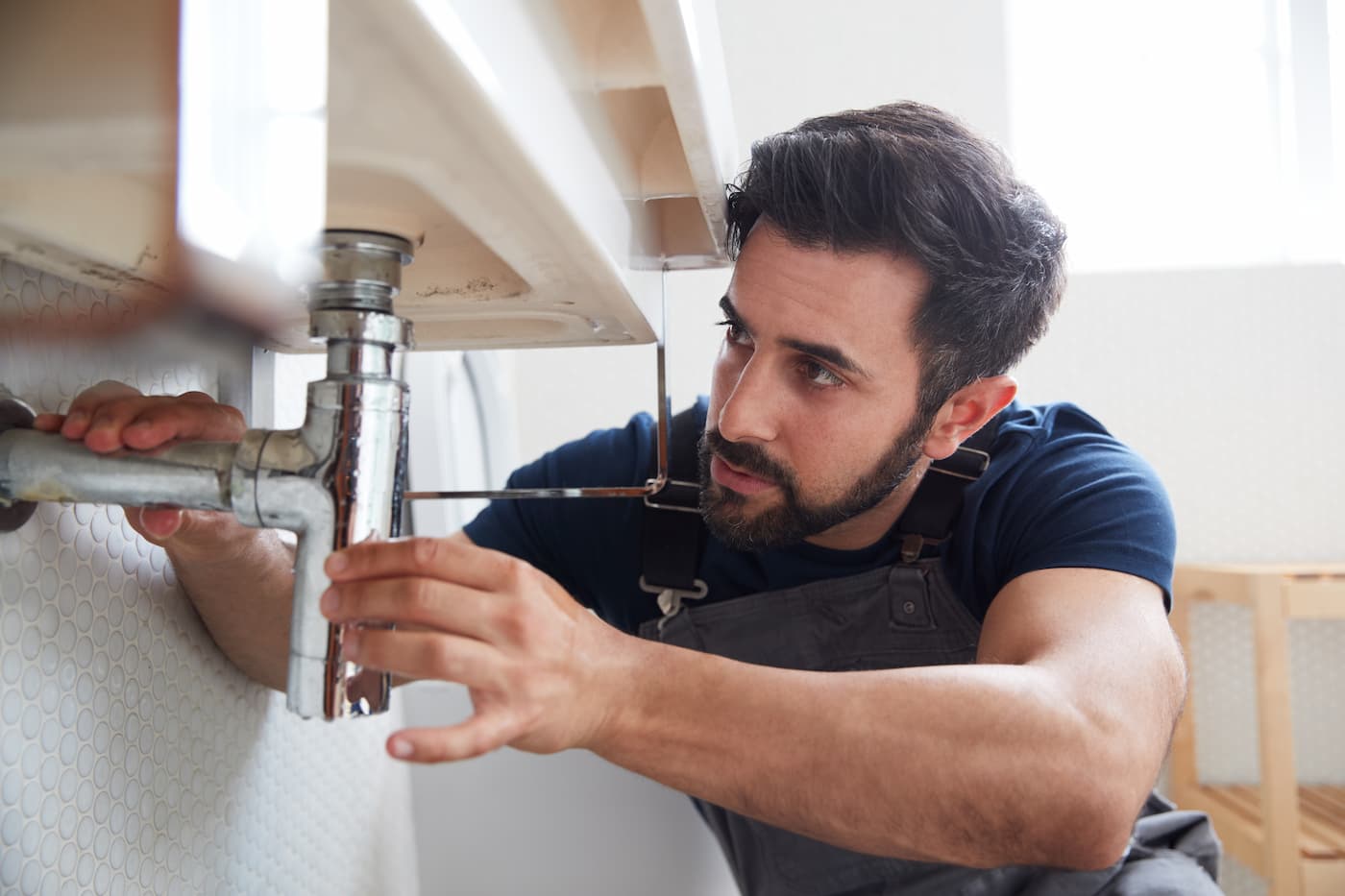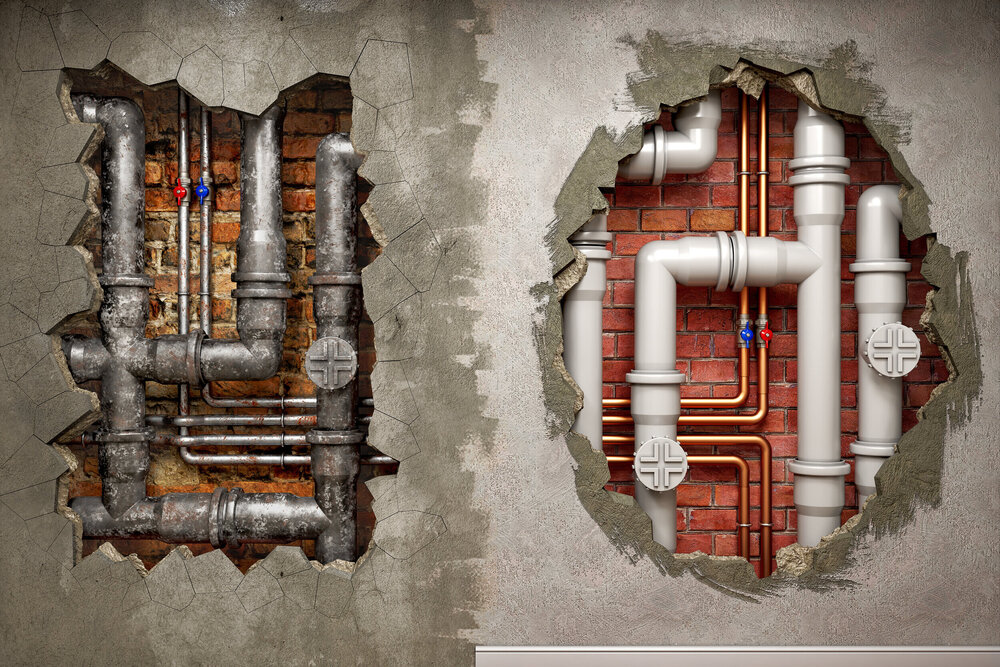Spring Plumbing Tips To Save Some Hard-Earned Dollars
Winter can cause some problems with your plumbing system. Hoses and pipes may develop cracks and cause them to leak. Drains can get clogged. Before problems escalate, it is best to check your plumbing in the spring and prepare it for spring rains and the rest of the seasons. Here are spring plumbing tips so you’ll know what problems to look for and identify the areas where most plumbing problems occur during winter.
Plumbing Tips For The Bathroom & Kitchen
- Check your faucets for leaks and drips. They are annoying and can eventually ruin sink fixtures and encourage mildew and mold growth. Fix leaking faucets immediately.
- See if your toilet/water closet has developed a leak as well. To check, add a few drops of food coloring to the toilet tank and wait 20-30 minutes. If the colored water makes it to the bowl, you can be sure that your toilet has a leak. While you are at it, ensure that your flush is working properly. If you have to adjust it or need to hold the flush handle to have a uniform water flow, then tank parts have to be replaced.
- Rotate the water supply valves under sinks and water closets to dislodge rust, mineral deposits or hardened caulk.
- Keep dirt, soap and hair from clogging your drains by installing drain strainers.
Plumbing Tips For Your HVAC Systems
- Drain some water from your water heater to remove most of the sediments that stay at the bottom of your heater. These sediments come from the corrosion of its internal shell and often reduce the unit’s general effectiveness and energy efficiency.
- Ensure that your water heater do not exceed 120 °F in temperature. Consider replacing your water heater if it is 10 to 15 years old.
- Check the hoses of your washing machine or dishwasher for leaks. They are easy to replace and quite cheap.
- Always clean the lint trap of your washing machine after each use. The lint trap prevents fabric lint from clogging the drain. Install a wire trap filter at the end of your washing machine’s drain hose to ensure that collected lint does not go into your drainage system.
- Your air conditioner also needs service to ensure that it will be running at optimum efficiency come summer, reducing your energy bills.
Other Plumbing Tips
- Trapped frozen water might have cracked your water supply pipe and hose bibs. Before you turn on your hose bib, check for splits and leaks.
- Be sure to check your sump pump to see if it is still working. Test the pump by pouring several buckets of water into the sump pit. It will still be working properly if the sump pump gets activated, allows the discharge/flow of water, and automatically shuts off. If there are problems, call a professional plumber.
- Your water supply valve is not something you touch frequently. Prevent it from sticking by turning it on and off occasionally.
- Check your exterior drainage parts, such as downspouts, gutters, and yard drains, and ensure they are clean and debris-free.
There are many more plumbing tips out there that can help you save on costly plumbing repair bills. We do not expect everyone to have handyman skills, and the plumbing tips we have here can help you check the condition of your plumbing system after winter and get it ready for summer. These plumbing tips will give you a general idea of what parts need repair and also help you discuss the problem clearly with your plumber. If you are stuck on what to do, call the professionals.

Call The Professionals
Call Fischer Plumbing Right Away And Get The Best Sewer Line Repair Service At Your Doorstep.









